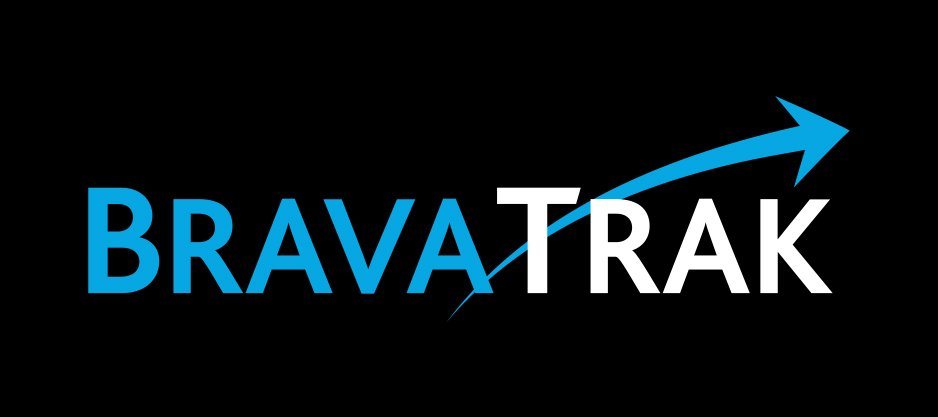Quick Tip For Building Trust In Coaching Relationships
Transcript
Hi there, this is Blair from BravaTrak.
You'll recall that in a series of previous posts, I introduced the idea of taking a coaching approach in which you ask three distinct levels of questions, when you want to guide behaviour.
Those three levels are; level one, ask questions about the facts, situation, their behaviour and thoughts. Level two, ask questions to get people to elaborate further by providing more in-depth explanation and assessment. And level three, ask questions to get people to think about the consequences of their actions.
Level one questions are the preliminary questions that open up a topic. As you listen to the responses you get, you can advance to the next level of information by asking second level questions. These guide people in assessing and explaining their first-level responses. I've discussed these in previous posts.
The third layer of questions aims to get people to think about the consequences of their actions; "Why is this important to fix?", "What are the consequences if it's not fixed?" Essentially, this third - and most important - level, gets to the reasons for changing the status quo.
Level 3 Questions Build Trust In The Person You’re Coaching
However, this is not all that third level questions do. As people answer them, their feelings of trust towards you will increase. That is, the very process of disclosing their emotional responses will enhance their trust because they feel you understand them.
For coaches, example questions are ones like;
"What will happen if this doesn't get resolved?"
"This seems important to you, may I ask why?"
"Who else does this impact?"
"How's that going to affect your productivity?"
I find it easy to keep these three levels of questions in mind, which allows me to be flexible in my coaching approach when guiding behaviour.
Start out by asking questions about the facts and the situation. Follow up with questions to get people to elaborate further, by providing more in-depth explanation and assessment. Then, ask questions to get people to think about the consequences of their actions.
That's my take. What do you think?
